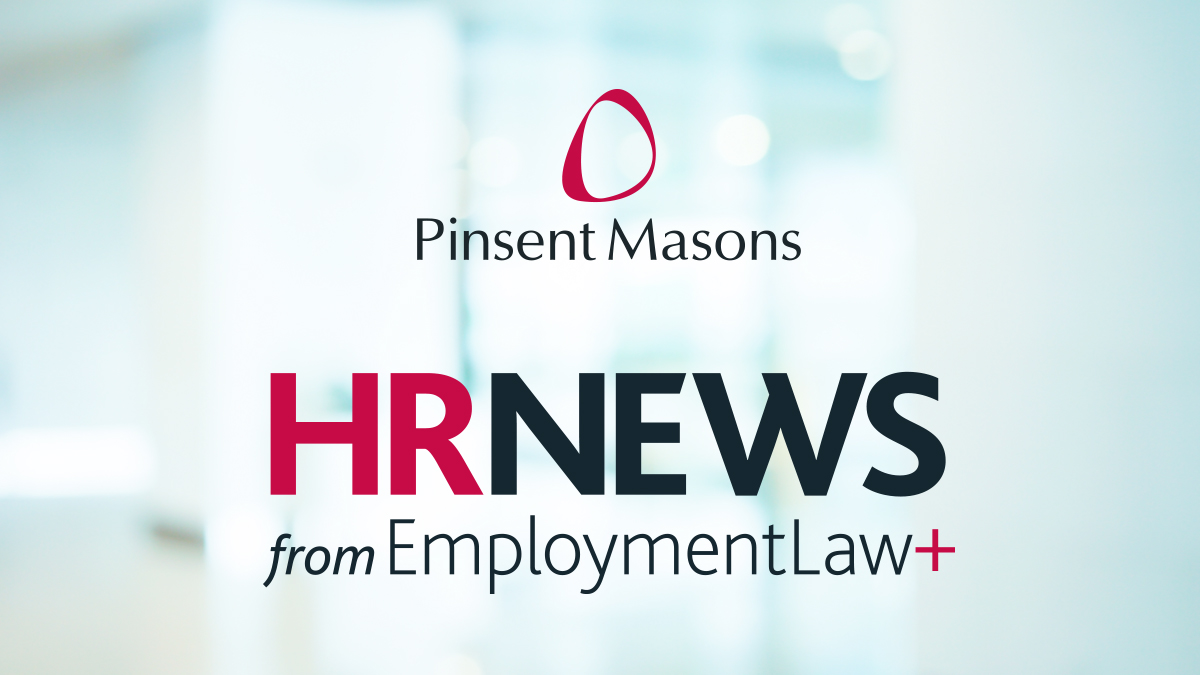The Employment Rights Bill continues its journey through Parliament and is now moving into the Committee Stage in the House of Lords, the point at which each clause is examined in detail. At the heart of those reforms is a new right for trade unions to request access to the workplace, not just in person, but digitally too, for the purposes of organising, representing, and recruiting members. Digital access is a new concept and is one of the big talking points. We’ll take a look at what it could mean for employers and how to prepare for it.
The raft of changes proposed by the Bill is vast but the proposed new right for trade unions to request access to the workplace are some of the most significant. Business groups have warned that the changes could place additional burdens on employers, particularly those without any current union presence and although the final rules are still being shaped, there’s already a clear direction of travel: more union access, more employee engagement, and a need for employers to be ready for both a physical and digital presence. For the first time, trade unions will, potentially, be able to reach employees via company intranets, email systems, and other communication platforms such as Zoom and Teams and employers will be expected to engage constructively with these requests. And they’ll have only a short time - possibly as little as five working days - to respond.
At this stage, the Bill provides the broad framework with the detail to be spelt out later in secondary legislation which will cover things like which platforms are in scope, what control employers will have over the content, and how frequently unions will be able to post or engage. But what’s already clear is that digital access will apply in settings where physical access may not be practical, for example, remote teams, dispersed workforces, or roles with minimal on-site presence. There are also important questions around messaging - who approves content, how it’s labelled, and how it sits alongside official internal communications from HR or leadership teams.
So let’s get a view on this. Lucy Townley is an employment lawyer based in our Edinburgh office and she has been working with a number of clients to help them prepare for what’s coming:
Lucy Townley: “So digital access is probably the biggest shift for employers here I'd say. We're moving into a new territory altogether, being that unions are able to request access to internal communication platforms. We don't know the details of that yet, but that might involve posting content on the intranet or sharing messages via email, for example, and it's really important for employers to think now about how that would work, technically, logistically, and from a governance perspective. So the questions that that we're discussing with clients at the moment are, how will access be granted? And in some organisations can access even be granted? So I'm thinking there of situations where there's a specific security concern about access to internal platforms, for example. The other questions are, who uploads the content? Is it that trade unions draft it and then the employer uploads it, or does the trade union have the right to upload the content directly? Can the content be reviewed by the employer and perhaps approved or suggested edits given first? We need to understand those questions and we're hopeful that soon there will be rules, or more specific guidance, about what can and cannot be shared and how this will work in practice. What I'm saying to clients at the moment is we have to really make sure that these issues and these types of information are clearly labelled as union material. So we need to think carefully about how the information will be divided on the web pages to ensure that it's clear what is union material and what has come from the employers and these big questions are all things that can be worked through in advance so, ideally, with input from the IT teams, from the internal comms teams, and with your legal team to try to ensure how to get this right. We need to start working through all of these questions now to decide what's technically possible and how we can put in place governance structures for this kind of totally new and undefined concept.”
Joe Glavina: “A key issue for HR will be how trade union content will be presented alongside internal content. What are you saying to clients about that?”
Lucy Townley: “So the crucial point for employers to consider here is that once unions start using internal channels it might be easy for staff to start confusing the messaging, especially if it's not clearly presented, and that might be a particular problem if the content is contradictory, or if the trade union messaging is perhaps critical of the employer. So employers should think about how to present the content in a way which makes really clear where it's coming from. So it might be that we have, for example, dedicated sections of the intranet for trade union information, or that we label it properly and design it in a way that makes it stand out as being union correspondence. Alongside that, as ever, it's a really good idea that employers are reinforcing their internal communications channels. So we want employees to know where they can go for updates, who they can talk to and, ultimately, they want to know that management is still listening to them and their views, In that way we can ensure that there's balance and clarity between the information that's being provided to employees all of which, I think, has to be balanced quite carefully with having too much information available to employees because sometimes, we know from other clients, that leads to a lack of engagement where there's so much information out there that employees don't know what to look at or what to listen to. So all of these issues have to be balanced quite carefully, I think, and that's even more likely to be the case when there's digital access rights for trade unions.”
While we wait for these new laws it’s clear that HR has a key role to play in helping to prepare the business for this change. A fortnight ago Lucy talked to this programme about that in ‘Key role for HR as UK employers face new trade union access duties’ and that programme is available now for viewing now from the Out-Law website. Meanwhile, if you would like help preparing for these changes please do contact Lucy Townley - her details are on the screen for you. Alternatively, of course, you can contact your usual Pinsent Masons adviser.
- Link to HRNews programme: ‘Key role for HR as UK employers face new trade union access duties’
Out-Law / Your Daily Need-To-Know
Digital access to workplaces marks ‘new era’ for industrial relations in UK
22 May 2025, 10:58 am
Lucy Townley tells HRNews how employers can prepare for forthcoming requests from trade unions for digital access to workplaces.

-
Transcript


